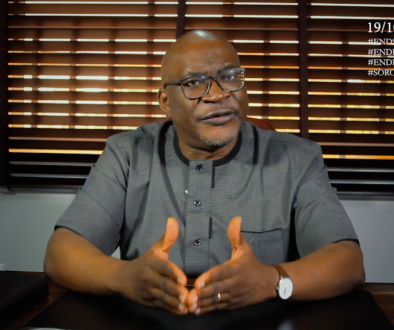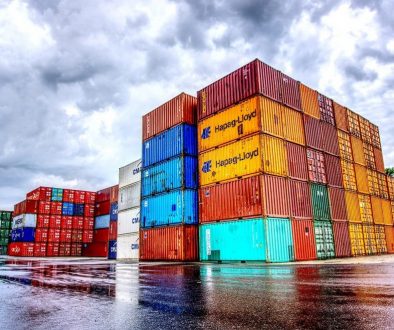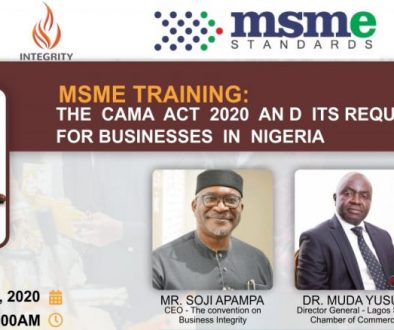Stemming the tide of Corruption in Nigeria
 Nigeria ranked 76th out of 82 countries surveyed in the 2014 version of the Economist’s annual business environment ranking. Nigeria has retained this rank since 2009. The Economist cites corruption, weak infrastructure, deteriorating security and the absence of effective government institutions for Nigeria’s poor performance in the rankings. In a similar vein, a recent survey by Ernst& Young has shown that 88 per cent of the respondents in Nigeria believe bribery and corruption is widespread in the country, compared to 72 percent of respondents who thought so in 2012.
Nigeria ranked 76th out of 82 countries surveyed in the 2014 version of the Economist’s annual business environment ranking. Nigeria has retained this rank since 2009. The Economist cites corruption, weak infrastructure, deteriorating security and the absence of effective government institutions for Nigeria’s poor performance in the rankings. In a similar vein, a recent survey by Ernst& Young has shown that 88 per cent of the respondents in Nigeria believe bribery and corruption is widespread in the country, compared to 72 percent of respondents who thought so in 2012.
The summary of these surveys is simply that corruption is getting worse and our weak government institutions are perpetuating it. This fact is supported by evidence surrounding us including the uninvestigated allegation of $20-billion missing oil money. Before I digress, the intent of this blog is not to rehash Nigeria’s well-known problems but to stimulate moral outrage against corruption in Nigeria and explore some ways that citizens can contribute to stemming the tide.
First, act with integrity in all your dealings. The common law principle that “he who comes to equity must come with clean hands” applies. One must act and be seen to act above board in order to have the moral justification to speak out against corruption by others. To be sure, acting with integrity is costly; it means missing out on some business deals, paying correct taxes to a sometime irresponsible government, etc. But consider the aggregate cost of our personal corruption, we weaken our social fabric and perpetuate the kind of institutions that allows thieving leaders to loot our commonwealth, underdevelop our economy and enable conflict in our nation.
The second course of action is to take action, no matter how small. Report corrupt practices on forums including Integrity’s http://www.egunje.info, whistle blow on corrupt practices in your organizations, champion and advocate for integrity in your circle of influence, write to your elected officials, add your voice or presence to requests for accountability from our elected officials, ranging from council members in your local government area to the presidency.
Third, join a group, organization or coalition that advocates for business integrity, good governance, and accountability. There is only so much that one person can do acting unilaterally. Joining organizations would enable one multiply one’s impact by leveraging on the power of synergy and scale that acting in large number gives.
In conclusion, do something. “An individual action, multiplied by millions, created global change.”- Unknown. Join the conversation; tell us what you think citizens can do to reduce corruption and its effect in Nigeria.



